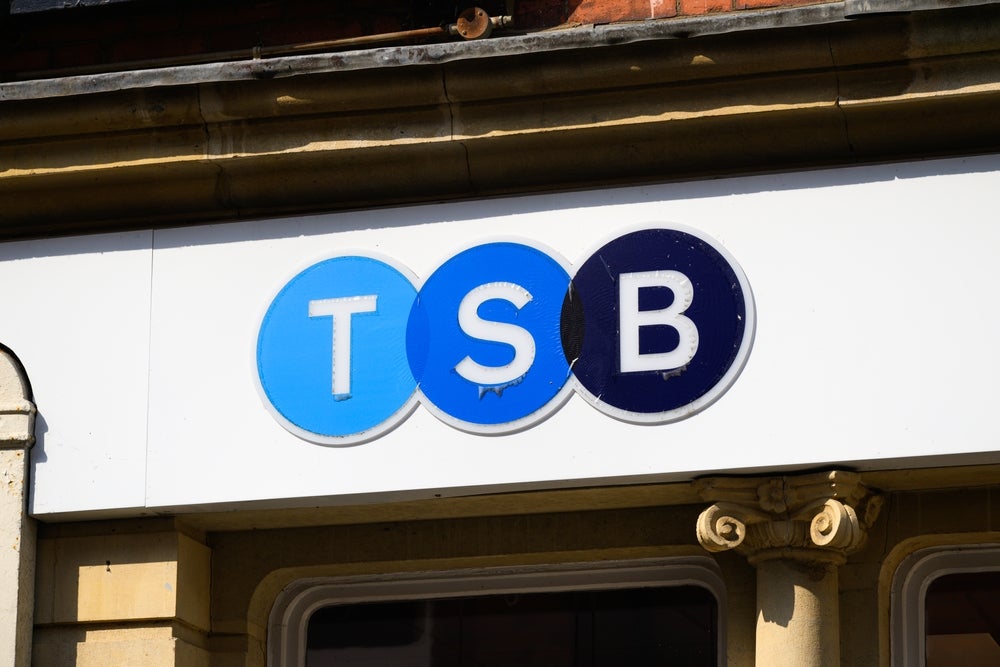
Chancellor Rishi Sunak has delivered his Autumn Budget 2021 which he said would, “begin the work of building an economy post-pandemic”. As part of his package of announcements, Sunak unveiled in the aftermath of the Budget an extension of the Recovery Loan Scheme (RLS) until 30 June 2022.
The scheme, which was created to provide government-backed loans to businesses hardest hit by the Covid-19 pandemic, will also contain include fresh conditions for applications from the outset of 2022.
The RLS originally provided government-backed loans starting from £25,000 up to a maximum ceiling of £10m, with interest rates capped at 14.99%.
Sunak said the revamped scheme will only provide a maximum of £2m per business for applications from 1 January 2022 and attract a government guarantee 70% of all funds provided to lenders instead of the previously guaranteed 80%.
In addition, the scheme will be open exclusively to small and medium-sized enterprises (SMEs) from 1 January 2022.
The administrators of the scheme, the British Business Bank, recently said the RLS had passed a significant milestone since its launch in April with 76 accredited loan providers issuing over £1 billion to small businesses across the UK.
How well do you really know your competitors?
Access the most comprehensive Company Profiles on the market, powered by GlobalData. Save hours of research. Gain competitive edge.

Thank you!
Your download email will arrive shortly
Not ready to buy yet? Download a free sample
We are confident about the unique quality of our Company Profiles. However, we want you to make the most beneficial decision for your business, so we offer a free sample that you can download by submitting the below form
By GlobalDataBudget 2021
Paragon Bank’s head of SME Lending, John Phillipou, said:
“As an SME funder, we welcome the extension of the Recovery Loan Scheme. One of the great things about the scheme is that it has relatively simple eligibility criteria, which has helped both lenders and borrowers. It is designed to either allow funding for SMEs at a reduced cost, or to facilitate loans that lenders would struggle to fund as part of their everyday ‘business as usual’ policy – including innovative, technologically advanced and green assets.
“In the past, a lot of traditional lenders might have shied away from assets that aren’t ‘tried and tested’, which means highly innovative assets sometimes struggle to secure funding. The security provided through RLS will help address this for the long-term and will give lenders the opportunity to adjust this BAU credit policy. The scheme is offering funders the opportunity to be innovation-focused and support businesses through their own transformation, whether they’re looking to embrace emerging tech or work towards a more sustainable future. By extending the scheme, the Chancellor is giving funders broader scope to adjust their credit policies, which can only improve the long-term impact of RLS on facilitating access to funding for SMEs.
“Ultimately, RLS is a stable product that is a great tool to power SMEs in their recovery from the pandemic. As well as this, the long-term impact of the scheme will be easier access to funding for assets that are at the forefront of innovation, including technology in the green space.”
Simon Goldie, director of business finance at the Finance & Leasing Association, said:
“This welcome move provides some certainty on business funding in the interim, albeit with a lower guarantee of 70%, but a permanent successor to the RLS must be developed. We have already recommended to Government that the new scheme should retain the best features of the RLS – the assignment of guarantee and retention of the lender fee arrangement. But it should also mirror the abiding principle behind the Enterprise Finance Guarantee asset finance variant, which was designed to ensure that lenders could provide funding for either assets or businesses that were outside of their usual risk appetite. This was a very successful way to get funding into every corner of the economy.”
Ed Rimmer, chief executive at Time Finance, said:
“What we need to understand about the Recovery Loan Scheme is its wider implications on alternative funding solutions. RLS does what it needs to; it’s a cheap source of funding to aid recovery. That said, there was a huge emphasis on economic growth in today’s budget and there are a multitude of alternatives to RLS that can be much more effective in facilitating business growth.”







